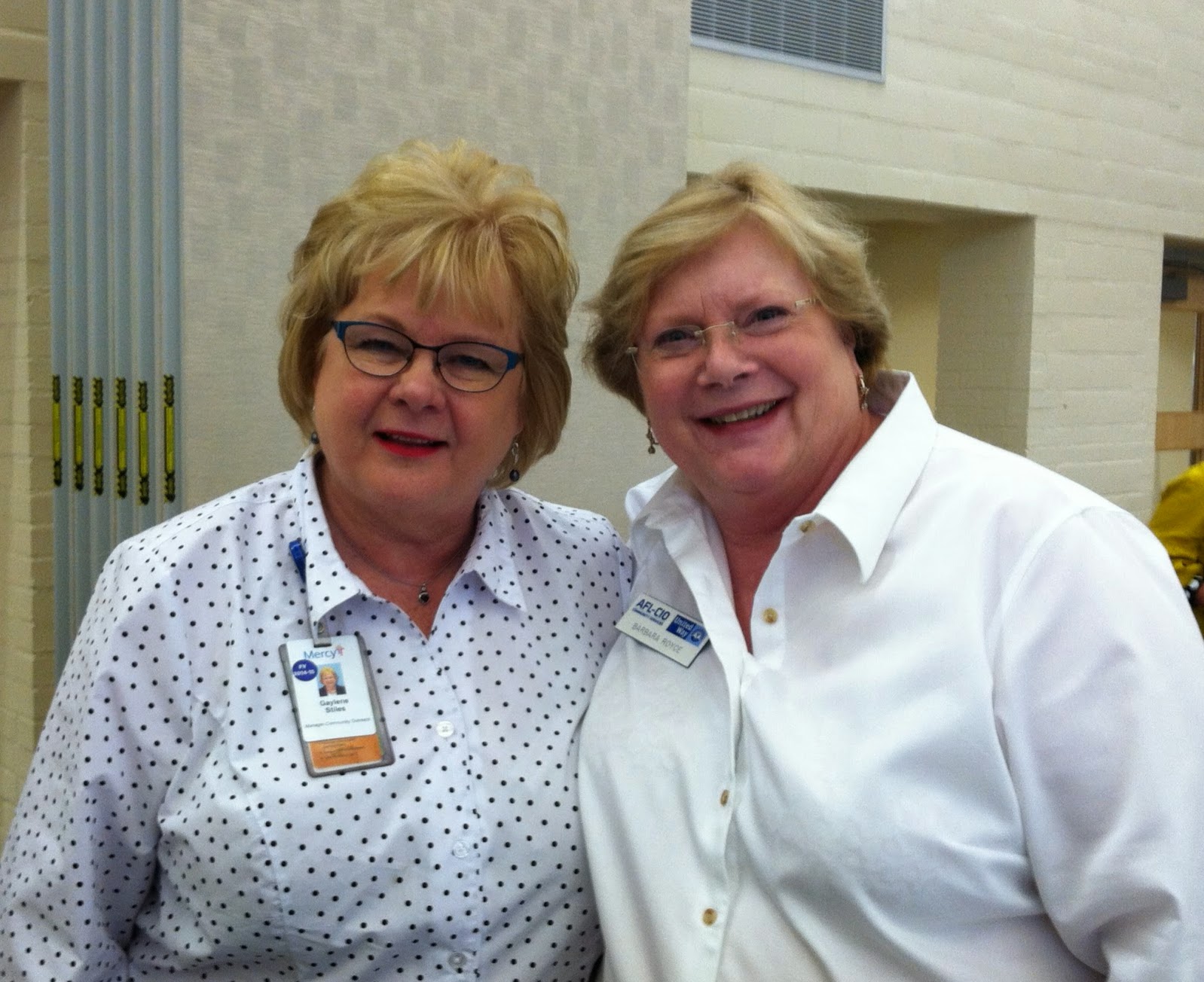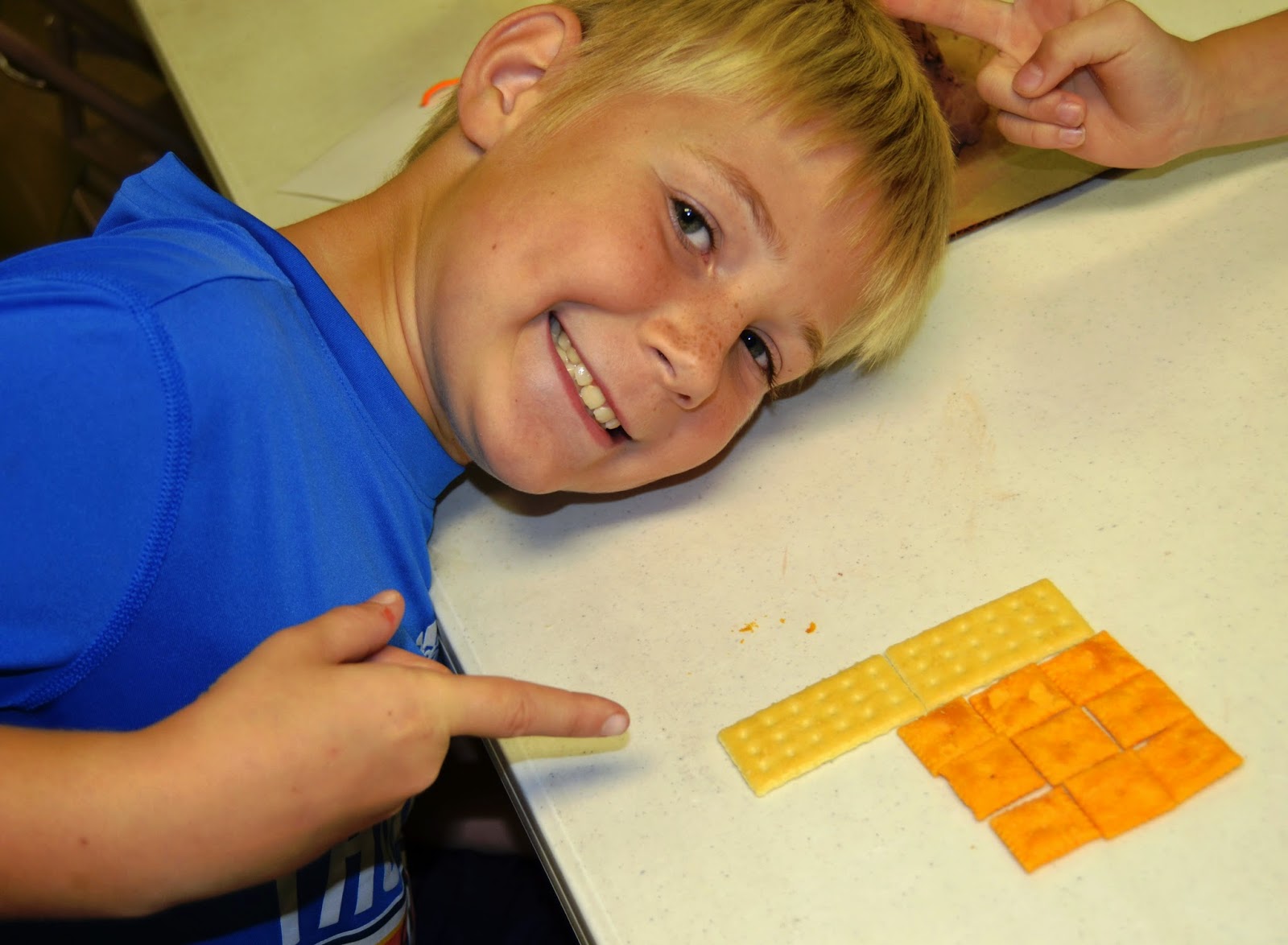In thinking about perseverance and passages into adulthood, I remembered this story. Discussing this poem's application to life and then memorizing and recounting it in times of conflict are priceless whether you like poetry or not.
The next post is also about more about application, and the entire poem and a link to the story behind it follow that. This is one illustration of what a mentor or a group of mentors can do to inspire and support mentees.
Mike Turpen is a father, husband, lawyer, former Attorney General of Oklahoma, a supporter of the performing arts, a civic leader, and co-commentator on Flashpoint, a television show in the Oklahoma City metro area. What matters here is that he is a father and mentor.
 Caption: THE POETRY CLUB meets on the upstairs terrace at Susan and Mike Turpen's home. The group formed last year when Mike challenged his son and six others to memorize Rudyard Kipling's poem "If." Mike offered a cash incentive. From left, standing: Jack Randolph, Nik Bray, Patrick Turpen; seated: Ford Price III, Johnny Vater, Ryan Randolph, Mike Turpen, David Price and the Turpen's dog, Stoopsie. Foto by Vicki Clark
By VICKI CLARK
Caption: THE POETRY CLUB meets on the upstairs terrace at Susan and Mike Turpen's home. The group formed last year when Mike challenged his son and six others to memorize Rudyard Kipling's poem "If." Mike offered a cash incentive. From left, standing: Jack Randolph, Nik Bray, Patrick Turpen; seated: Ford Price III, Johnny Vater, Ryan Randolph, Mike Turpen, David Price and the Turpen's dog, Stoopsie. Foto by Vicki Clark
By VICKI CLARK
OKC FRIDAY
Words are powerful. Committed to heart, words can change lives. When Mike Turpen challenged his son and six friends to memorize the poem “If,” he wisely assumed money would motivate them to get with it. He promised $100 to each one who could recite the poem to him from memory.
When one of them entered the hospital fighting for his life, the others brought a copy of IF to his bedside.
Last fall, David Price found himself in Children’s Hospital with Spinal Meningitis; stayed two weeks, four days home, back in the hospital for surgery and another week. Then he traveled to M.D. Anderson in Houston for radiation therapy.
“We almost lost him,” said Mike. “It was a tough fight for him.
“If you can force your heart and nerve and sinew
To serve your turn long after they are gone,
And so hold on when there is nothing in you
Except the Will which says to them: "Hold on!”
“Hold on,” became the Poetry Club mantra. David found strength in the verse above, fought the illness, when it would have been easier to succumb, and he recovered.
The Poetry Club, formed in the spring of 2006, became something special in their lives. Six high school sophomores from McGuinness and Heritage Hall: Patrick Turpen, Niki Bray, David Price, Ford Price III, Ryan Randolph, Johnny Vater and OU sophomore Jack Randolph comprise the group. Five of them attended Westminster School together and the other two were friends.
Stop any one of them anywhere, any time, and ask them to recite “IF” for you. They will, not in a sing-song memorized way, but with real feeling.
Mike Turpen’s mother recited poetry to her three sons from his earliest memory. He loved “The Highwayman” and “The Night Before Christmas.”
Mike began to memorize poems and “If” is one of his favorites.
“It (IF) gives unique insight into life in just a few verses,” Turpen said.
“My Dad has done a lot of stuff like this in the past,” Patrick Turpen said. “He makes us work and gives a rightful reward.”
Patrick thought he had the last laugh on his Dad for this task.
“I memorized the poem while I was on the payroll at his law firm. So I got more out of it than the rest of them.”
John Vater said, It was different. I’m not used to memorizing outside school. It was interesting and worth doing.”
OU sophomore Jack Randolph learned the poem by acting it out in front of the mirror. He estimates it took a total of 6 hours over 15 different occasions. He liked the acting part so well, he tried out and won a part in a play.
“Scholar athlete turned actor,” crowed Mike Turpen, who is pleased the poem has impacted the young men’s lives in so many different ways.
Ryan Randolph has strangers coming up to him and asking him to recite “IF” after a local television station did a story on the boys, “It’s a good foundation to build on.”
David Price said the $100 was his original motivation, but the real value of memorizing the poem came during his hospitalization with Spinal Meningitis.
“If you think out the words, it can help you do a lot of stuff that seems impossible.”
Ford Price III memorized the poem on a trip to Puerto Vallarta, “There was a long line at customs, so I pulled out the poem and started working on it. I learned the first part, then memorized the rest of it on the plane coming home.”
Nik Bray said, “I’m proud I memorized the poem. It’s really long, but it had a deep meaning after Mr. Turpen explained how poetry helped him.”
Mike told the boys when he lost the Governor’s race he thought about the lines, If you can meet with Triumph and Disaster
And treat those two impostors just the same; he was able to laugh and go on with his life.
The boys are working on The Man in The Area by President Theodore Roosevelt now. Mike’s buying dinner at Mickey Mantle’s Sunday night. Anyone who can recite the new poem will get $50 from Mike.
Nik Bray has already memorized and recited for Mike.
“I needed the $50 for spring break,” Nik said.
Mike Turpen believes the boys “still have a lot of ‘ifs’ in their lives,” and that the poetry will help them as much as it has him.
http://okcfriday.com/poetry-club-impacts-young-lives-p2579.htm
Ret, 9-2-14



























